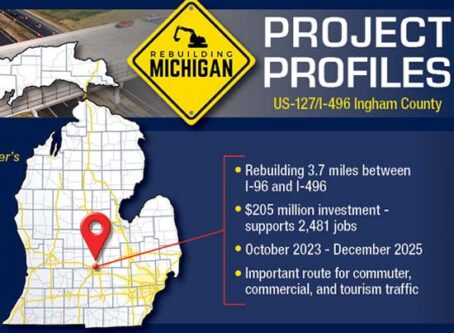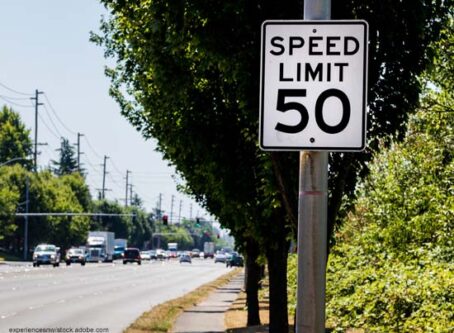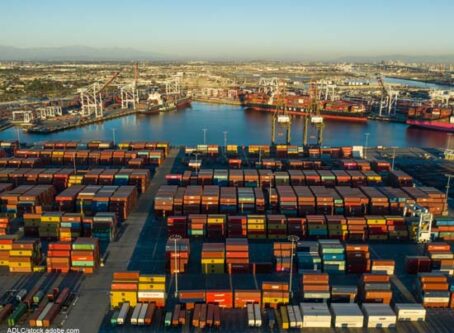Puerto Rico truckers end strike; rates to increase by 35%
After going on strike for two days, truckers in Puerto Rico have reached a deal with the government to increase cargo rates.
On July 22, Puerto Rico Gov. Pedro Pierlusi announced that the government has reached a deal with union truckers that went on strike on Wednesday. Members of Frente Amplio de Camioneros, which translates to the Truckers Broad Front, are demanding an increase in cargo rates.
Unlike the rest of the United States, the Puerto Rico government sets cargo rates in the U.S. territory. Specifically, the Transportation and Public Services Bureau sets a minimum spot rate. Those rates have not increased since 2005, aside from adjusting for inflation. Puerto Rico does not intervene with privately negotiated contractors between companies and truckers.
Late last year, the transportation bureau installed a mandate that increases the minimum rate by 35%. Additionally, Puerto Rico’s minimum rate would also apply to privately negotiated contracts. However, the Puerto Rico Chamber of Food Marketing, Industry and Distribution is challenging that in court. The court found that the transport bureau did not follow appropriate procedures to raise rates. Consequently, the court put a halt to the increase. Truckers have been challenging that ruling ever since.
Puerto Rico’s Financial Oversight and Management Board said the proposed increase in rates runs counter to the fiscal plan released in April, reiterating that processes were not followed. In fact, the fiscal plan calls to deregulate land freight, putting Puerto Rico more in line with the U.S.
“Similar to the impact of federal deregulation, the deregulation of land freights in Puerto Rico would likely reduce transportation costs for the Puerto Rican business community and ultimately, for consumers,” the plan states. “Deregulation of land freight rates in Puerto Rico may potentially lead to trucking prices closer to those of the mainland. Moreover, it will increase flexibility of industry participants to negotiate directly and set prices, often with contract requirements that are more sophisticated and complex (for example, including provisions such as advertising incentives). It would also lead to a reduction in consumer prices.”
On July 20, the financial board issued a letter formally rejecting the rate increase. In the letter, the board raises issues with the transportation bureau taking over rates for private contracts. The Truckers Board Front announced its strike the same day.
Despite the denial from the financial oversight board, Gov. Pierlusi ended the strike by agreeing to increasing rates by 35% as the transportation bureau attempted to do in December.
“We will begin an immediate process to achieve a new regulation that reflects the needs of all sectors and safeguards the well-being of our people,” Pierlusi said in a statement. “We have focused on giving (Puerto Rico) certainty by addressing this situation promptly and prudently.”
Interim Gov. Omar Marrero is taking over negotiations while Pierlusi is out on vacation. However, the Financial Oversight and Management Board was not part of the agreement. According to The Weekly Journal, the new rates will go into effect after documents are filed with local authorities. Furthermore, the central government agreed to defend truckers in the event the Financial Oversight and Management Board files a lawsuit.
A spokesperson for the board told Land Line that it has not seen the agreement as of Friday afternoon.
Based on what it has seen in media reports, the Financial Oversight and Management Board stated that the agreement goes against the fiscal plan as did the proposed regulation that attempts to do the same thing. In a statement issued on Wednesday, the board said it cannot approve a regulation that violates Puerto Rico’s own legal requirements and process for adopting and implementing such regulations.
“The Oversight Board recognizes the important role that the truck transportation segment and its workers represent for the people and economy of Puerto Rico and continues to work with all stakeholders to resolve this issue in the best interest of the people of Puerto Rico and Puerto Rico’s economy,” the board said in the statement.
The board told Land Line that it cannot further comment on the agreement as it has to review it before deciding how to proceed. LL









